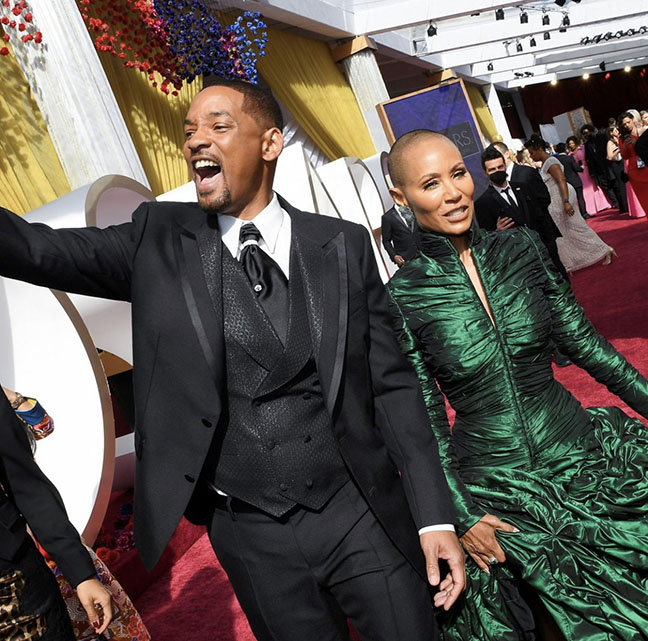
For the last week, discussions of Will Smith’s controversial outburst against Chris Rock at the 2022 Oscars have been unavoidable. Some reports show that the Academy asked Smith to leave the ceremony after, and others note the falsehood of this statement. Thus the event continues to be shrouded in confusion. Smith attended the Vanity Fair Oscars after-party after a win for the Best Actor category, which made for a relatively awkward show.
In his speech, Smith claimed to be “a vessel of love” and a “fierce defender of his family” like Richard Williams, the persona he portrays in his winning film “King Richard.” Nevertheless, the Academy has since condemned his actions and will start to formally determine any subsequent consequences for the slap last Sunday night. There will be a final vote on the nature of his discipline on Apr. 18.
Discussions on the matter grew stale after the initial shock, as the video went viral on social media and was trending for days after. What is more important about the slap is the reaction that followed. Quickly, actors, as well as the social media masses, spoke out to voice their opinions. Actor Jim Carrey thought Smith’s standing ovation after his win was “sickening” and called the matter a “selfish moment” and “an issue of boundaries being broken” for Smith. Similarly, Oscar host and comedian Amy Schumer claimed to be “triggered and traumatized,” clearly sympathizing more with fellow comedian Chris Rock. On the other hand, comedian Tiffany Haddish took a completely opposite angle, citing the incident as “the most beautiful thing [she’s] ever seen” and deeply valued watching “a Black man stand up for his wife.”
But how can a slap caught clearly on live television be so polarizing? Some condemn it as an uncalled for and grotesque overreaction and extremely out-of-line at Hollywood’s most formal event. Others see it as a racial issue, like Haddish, or a moment of emotional defense for one’s family, like how Smith himself sees it. Comedian Jimmy Fallon believed he let his emotions get the best of him on a night that should have been his most positive.
The divisive nature of the reactions to the slap shows a deep split in how different parts of society process information and take vastly different messages from events. In addition, it sparked online conversation regarding cancel culture, with Smith quickly being “canceled” by the internet and dropped from multiple upcoming film projects for his new “violent” reputation. On the other side, Zoe Kravitz made headlines on Tuesday after referring to the Oscars in her Instagram post as a place “where we are apparently assaulting people on stage now.” Smith fans called her out for allegedly talking inappropriately about 23-year-old Jaden Smith in the past, calling her a “predator” and saying that she should “keep quiet.” The actress was, at least temporarily, “canceled.”
Kravitz’s situation speaks to the nature of social media, where people tend to ignore an alleged false move from a celebrity, like her comments on Jaden Smith, until they step out of line in some way and people use actions from years ago against them, often completely all of a sudden. In the world of social media, no one is allowed to make mistakes and both Will Smith and Kravitz faced significant backlash despite being on opposite sides of the matter. Smith’s charity partners garnered social media hate for not speaking out as well, with people temporarily turning on Adidas and even the Obama Foundation.
The future of Will Smith’s career, as well as those who criticize him too fervently, are on the line, but there is still a chance the incident will blow over. Nonetheless, Smith resigned from the Academy on Saturday and will not win an Academy Award in the future.
